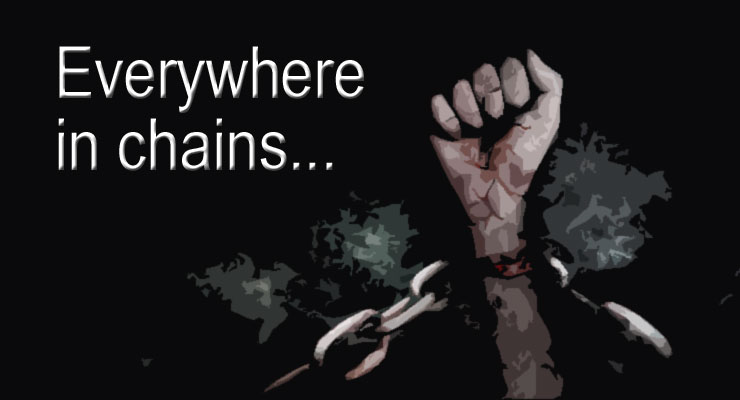
There are, in my view, three fundamental flaws in our government: the way we maintain our laws, the way we tax, and the way we select our representatives. Until we improve the way we select our representatives, we cannot sunset bad laws or improve the way we tax.
The Way We Maintain Our Laws
Nothing in our Constitution requires that laws be sunset. As a result of that omission, a law passed by a bare majority of our representatives (and, possibly, desired by a minority of our citizens) stays on the books ad infinitum. A less lamentable method would be limits on the life of a law based on the lowest percentage of approval by which it passes either house of Congress (or the various state legislatures). For example:
Less than 52% approval, a life of 1 year
52% to 55% approval, a life of 2 years
55% to 65% approval, a life of 5 years
Over 65% approval, a life of 10 years
Revisiting laws passed with a small majority lets the people express their approval or disapproval based on their experience with the law.
The Way We Tax
Our society has no penalty for greed, and a society with no penalty for greed is flawed. To limit greed, taxes should be progressive, they should increase as the gross receipts of the taxed entity increase. They should allow no exemptions or exceptions.
Taxes should not be concerned with the profitability of the enterprise. It is a fee we levy for affording our citizens the right to use our resources. The charge is for the extent of the exploitation, not for the degree of success an entity has in doing so. Whether or not the enterprise is profitable does not change the amount of resources it exploits in its operation.
The Way We Select Our Representatives
At present, political parties have usurped the people’s right to name the candidates for public office. As a result, the people’s only recourse is to vote for a candidate selected by a political party.
Since the parties’ goal is to advance their own interest, they choose unscrupulous people by design. The result is the oligarchy we presently endure.
If we are to improve our government, the first step must be to restore the people’s right to select the best of their number to represent them in their government.
David Anderson says
Actually there IS a mechanism for a “used by date” for laws, its just that it isn’t used much. The term to look for is “sunset clause” but I’ve only seen it used once in the real world, by the humans. It was Pres Clinton’s automatic gun ban (s/t like that) — a sane idea to prevent every single roaming crazy having vending machine access to bazookas, hydrogen bombs, etc. —- which was wildly fought by the NRA. The NRA, as you know, being the marketing arm of the gun makers.
Anyway… this “assault weapons ban” (that’s it!) … had a sunset clause of a decade.
It had to be renewed (I think by POTUS?) after a decade (2006) and it wasn’t so we could go back to shooting each other all the time. Which is nice.
Fred Gohlke says
Thank you, very much, David Anderson. I have the vaguest recollection of talk about ‘sunsetting’ laws, many years ago. We need such an arrangement, but are unlikely to get it. It’s true we got it in the case you mentioned, but in this case it worked to your (our?) disadvantage.
Fred Gohlke